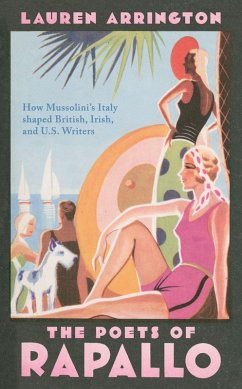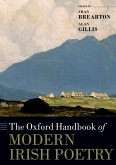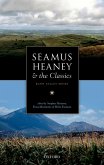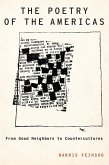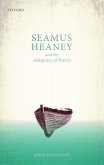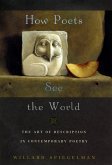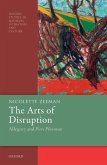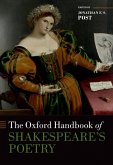A new story about the relationships between major twentieth-century English-language poets. Why did poets from the United States, Britain, and Ireland gather in a small town in Italy during the early years of Mussolini's regime? These writers were--or became--some of the most famous poets of the twentieth century. What brought them together, and what did they hope to achieve? The Poets of Rapallo is about the conversations, collaborations, and disagreements among Ezra and Dorothy Pound, W.B. and George Yeats, Richard Aldington and Brigit Patmore, Thomas MacGreevy, Louis Zukofsky, and Basil Bunting. Drawing on their correspondence, diaries, drafts of poems, sketches, and photographs, this book shows how the backdrop of the Italian fascist regime is essential to their writing about their home countries and their ideas about modern art and poetry. It also explores their interconnectedness as poets and shows how these connections were erased as their work was polished for publication. Focusing on the years between 1928 and 1935, when Pound and Yeats hosted an array of visiting writers, this book shows how the literary culture of Rapallo forged the lifelong friendships of Richard Aldington and Thomas MacGreevy--both veterans of the First World War--and of Louis Zukofsky and Basil Bunting, who imagined a new kind of "democratic" poetry for the twentieth century. In the wake of the Second World War, these four poets all downplayed their relationship to Ezra Pound and avoided discussing how important Rapallo was to their development as poets. But how did these "democratic" poets respond to the fascist context in which they worked during their time in Rapallo? The Poets of Rapallo discusses their collaboration with Pound, their awareness of the rising tide of fascism, and even--in some cases--their complicity in the activities of the fascist regime. The Poets of Rapallo charts the new direction for modernist writing that these writers imagined, and in the process, it exposes the dark underbelly of some of the most lauded poetry in the English language.
Dieser Download kann aus rechtlichen Gründen nur mit Rechnungsadresse in A, B, BG, CY, CZ, D, DK, EW, E, FIN, F, GR, HR, H, IRL, I, LT, L, LR, M, NL, PL, P, R, S, SLO, SK ausgeliefert werden.

